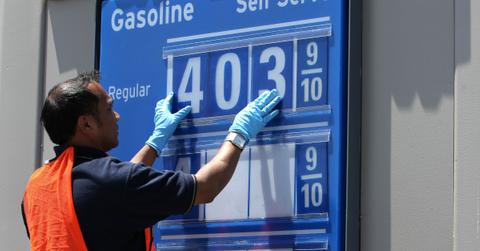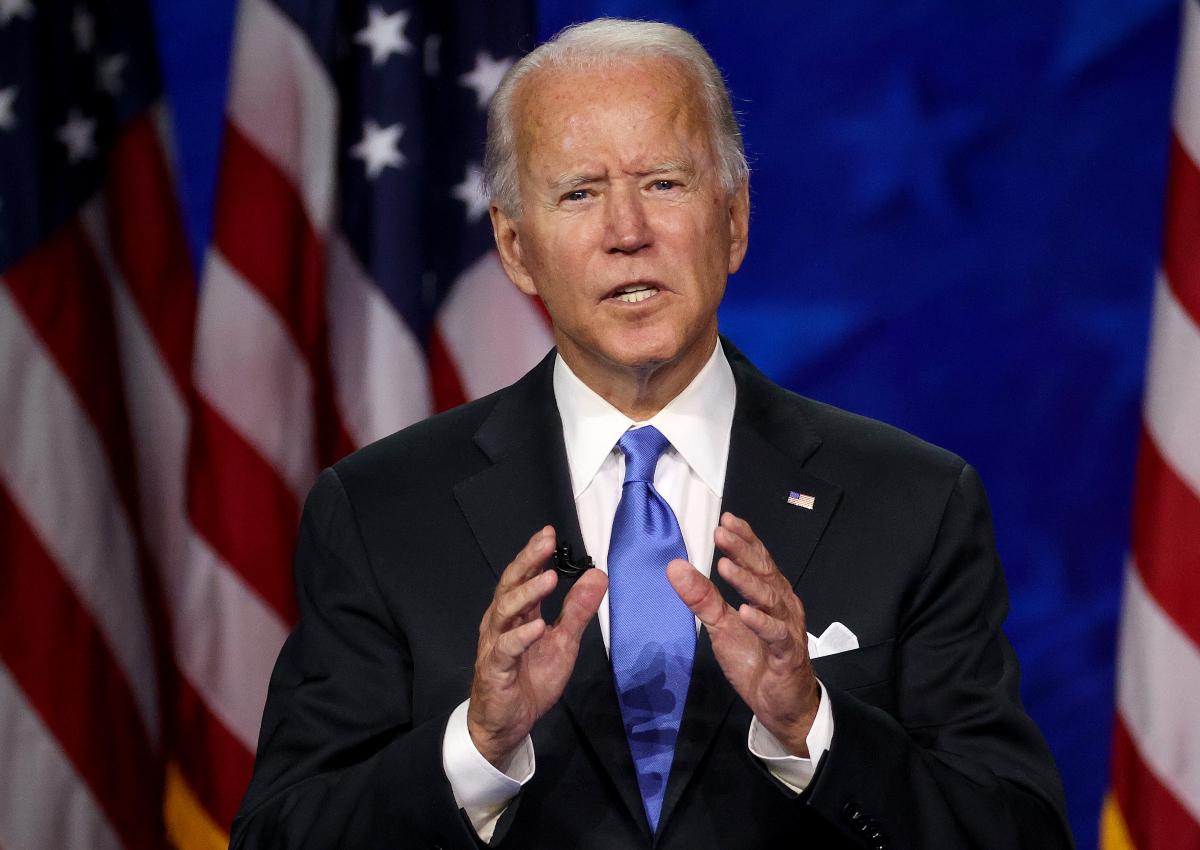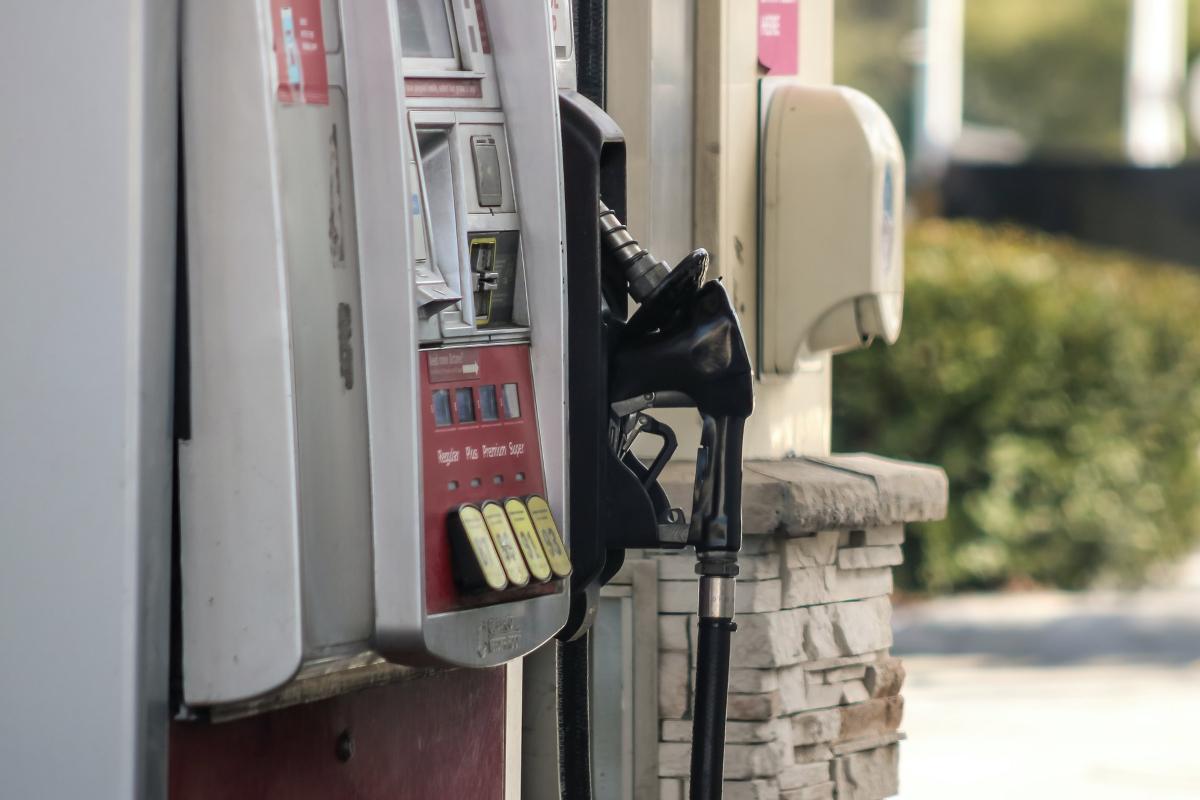Biden’s Russia Sanctions Might Mean Higher Gas Prices for U.S. Consumers
U.S. consumers are paying multi-year high gas prices amid the steep rise in crude oil prices, which could rise more amid the sanctions on Russia.
Feb. 23 2022, Published 8:17 a.m. ET
The Western world is responding with sanctions as Russia continues to escalate tensions at the Ukraine border. So far, the U.K. and the U.S. have imposed sanctions against Russia. Many people fear that sanctions on Russia would lead to an additional rise in commodities, especially energy and aluminum. U.S. consumers are paying multi-year high gas prices amid the steep rise in crude oil prices, which could rise more amid the sanctions.
Russia is a major exporter of oil, natural gas, and aluminum. The country’s economy is heavily dependent on the export of commodities but so is Europe, which relies on Russia for its energy needs.
Russia-Ukraine tensions are rising.
Russia, which has been led by Vladimir Putin for over two decades, has recognized Donetsk and Luhansk, which form part of Eastern Ukraine, as separate republics. The regions were held by Russia-backed separatists and Putin sent the country’s troops to the region calling them “peacekeepers.”
What sanctions has Biden imposed on Russia?
Biden has imposed sanctions on Russian banks, the country’s elites known as "oligarchs," and the country’s sovereign debt. The U.K. has imposed similar sanctions on five Russian banks and three wealthy individuals. Germany has also stopped the certification of the controversial Nord Stream 2 Pipeline from Russia.
The West is keeping its options open for more sanctions. The sanctions imposed so far don’t seem material enough for Putin to take back the troops. The country has $630 billion worth of foreign exchange reserves that it has amassed amid high commodity prices.
Will Russia's sanctions lead to high gas prices?
If restrictions are imposed on Russia’s energy exports, it could lead to higher oil and gas prices, which would eventually be reflected in the gas prices that Americans pay at the pumps. There are also fears that Russia could weaponize its energy exports by deliberately cutting down on exports, which would lead to higher prices.
With low and middle-income families in the developed world already reeling from high inflation, higher gas prices would be the last thing they need. Biden has warned that there could be repercussions.
Biden said, “As I said last week, defending freedom will have costs, for us as well and here at home.” However, Biden added that the administration is “closely monitoring energy supplies for any disruption” to ensure that the sanctions don’t end up harming the U.S. economy instead of the Russian economy.
What's Biden doing to bring down gas prices?
Biden said that the U.S. is working closely with major oil producers and consumers for a coordinated move to stabilize energy markets. In 2021, the U.S. along with other major oil importers like India, Japan, and South Korea, released oil from their strategic oil reserves to stabilize energy markets and pressurize OPEC+ to increase production. Back then, OPEC+ didn't pay much heed to calls to increase production.
The Biden administration is looking at releasing more oil from the strategic reserves as well as asking U.S. energy companies to pump more oil. The administration was leaning towards Qatar to provide additional energy supplies to Europe.
At the two-day forum of the 111-nation Gas Exporting Countries Forum, which was held in Qatar’s capital Doha, Qatar’s Emir Sheikh Tamim bin Hamad Al Thani said that the group would work towards ensuring stability in energy markets. However, the group thinks that at least in the short term, it won't be able to replace Russia’s energy supplies.
If the West imposes more sanctions on Russia, we could see oil prices move higher and potentially rise above $100 per barrel. For consumers, this would mean even higher gas prices.



